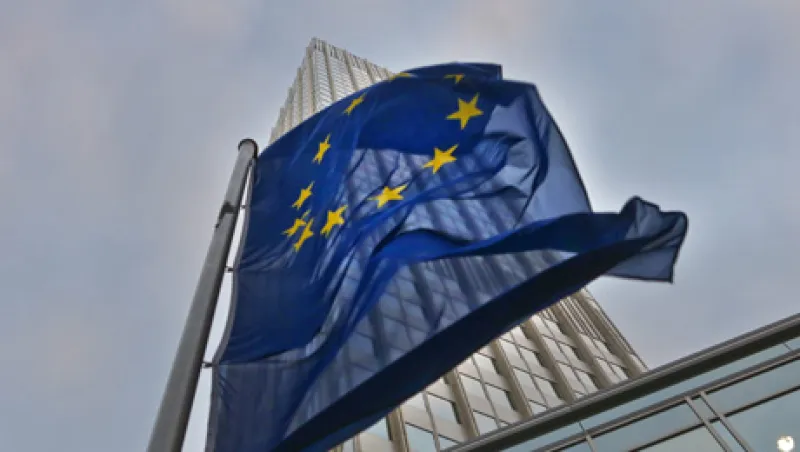A vast majority of institutional investors around the world say they find it difficult to mitigate the impact of market volatility on their portfolios, according to a new survey by the Boston- and Paris-based wealth management firm Natixis Global Asset Management. The full results will be released today.
Nataxis, a subsidiary of the French banking group BPCE with $711 billion in assets under management, conducted a telephone poll in June and July of 482 institutional investors who manage corporate pensions, public pensions, funds-of-funds, sovereign wealth funds, insurance reserves/liabilities and/or endowments/foundations. Those questioned were based in the U.S., the U.K., Asia, Europe and the Middle East. The questions revolved around the investors’ views about sources of market volatility, areas of the markets they believe are mispriced, areas where they see opportunities and what they think about the influence of policy and politics on the markets.
Some 80 percent of all respondents said they believe market volatility is here to stay, and 81 percent said they find it difficult to mitigate the effects of volatility. Nearly half (47 percent) said worrying about the fallout from Europe’s financial woes had caused them sleepless nights. One third said regulatory uncertainty kept them awake at night, while others said they had lost sleep over the fear of discovering unexpected sources of risk in their portfolio (31 percent) and inability to react quickly to volatile market conditions (30 percent).
In discussions about the causes of volatility, 30 percent of all respondents said the number one source of market volatility over the next two years would be contagion from the European debt crisis. The survey indicates a great deal of regional variation when it comes to views on what moves the markets most, however. Among U.K. respondents, 13 percent said a hard landing for the economy in China would be the most important source of market volatility in the next two years, compared to 4 percent of Asian investors and 6 percent of institutional investors on a global basis.
Nearly nine in ten (86 percent) institutional investors in Asia and 76 percent in Europe expressed concern that the staggered pace of implementing financial reform around the world is creating more, not less, systemic risk. Investors in the Middle East were less concerned, with only 68 percent in agreement. Globally, 25 percent of investors said unemployment had a significant influence on investment decisions.
The survey bodes well for alternative investment vehicles, however. Seven in ten, or 69 percent, of all respondents said they believed it was essential to invest in alternative investments such as hedge funds, private equity or venture capital to diversify portfolio risk. A similar number, 63 percent, said it was essential to invest in alternative assets to outperform the broad market. Among those who already use alternative assets, 85 percent said they were pleased with the performance of those holdings, compared with 15 percent who said they were disappointed. Their expectations are high in this area; 61 percent of investors said the alternative strategies they invest in will outperform last year’s returns. Some 71 percent of Middle East investors said they expect better returns next year.





